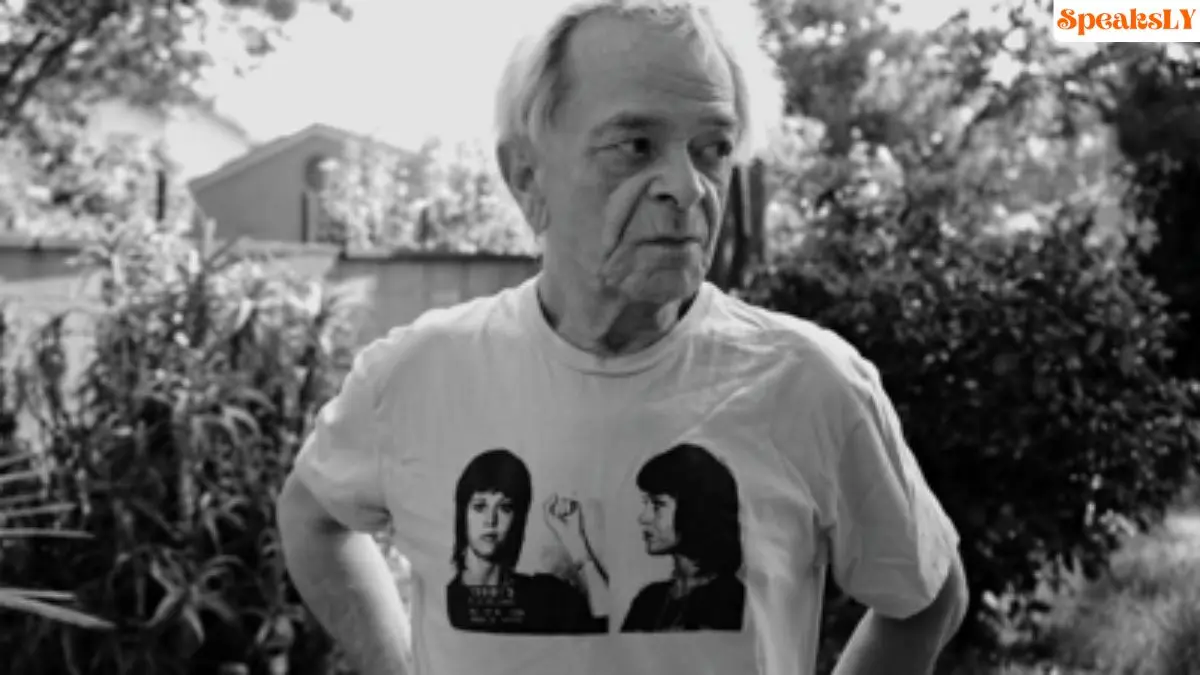Gary Indiana Novelist: Gary Indiana, an influential art critic, novelist, and essayist renowned for his incisive observations on art and culture, has passed away at age 74 after a long struggle with cancer. Indiana, who shaped the avant-garde New York art scene of the 1980s, rose to prominence as the acerbic art critic for The Village Voice. With biting commentary and an unmistakable voice, Indiana captured the vibrant yet fraught East Village art world, often exposing its pretensions and contradictions.
Born Gary Hoisington in Derry, New Hampshire, in 1950, he adopted the pen name Gary Indiana after years spent exploring artistic circles in Los Angeles and Boston before finally moving to New York in the late 1970s. His debut novel, Horse Crazy (1989), set against the backdrop of the AIDS epidemic, established him as an unflinching storyteller, portraying love and obsession with dark humor and insight. Over his career, he authored 15 novels, including his famed true-crime trilogy: Resentment: A Comedy (1997), Three Month Fever: The Andrew Cunanan Story (1999), and Depraved Indifference (2001).
While best known for his literary and critical prowess, Indiana’s influence extended into acting and video art, as he starred in Michel Auder’s 1981 film A Coupla White Faggots Sitting Around Talking. His multimedia work often reflected his lifelong fascination with politics, surveillance, and subculture. In 2014, his video installation Stanley Park, exhibited at the Whitney Biennial, highlighted his stark yet poetic lens on themes like voyeurism and freedom.
In recent years, Indiana’s works have been reissued, and his writing has found a renewed audience, confirming his status as a critical voice in American letters. His final essay, published this year in Granta, reflects on aging and legacy with characteristic wit: “After time runs out, you will persist in someone’s memory somewhere, the way alcoholics say, ‘It’s five o’clock somewhere.’”
Indiana’s passing marks the end of an era alongside fellow critical luminaries like Dave Hickey and Peter Schjeldahl. He leaves behind a lasting legacy that transcends genres, reflecting a voice both unyielding and compassionate at its core.






